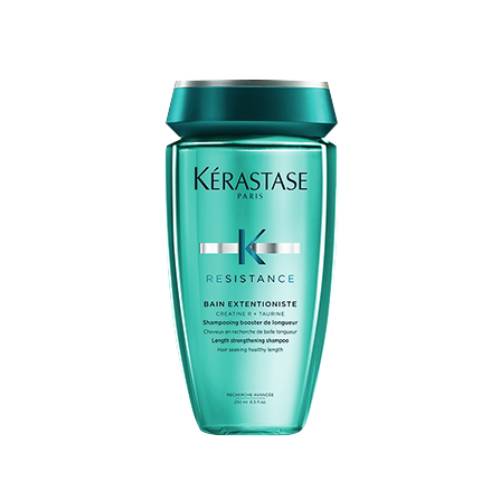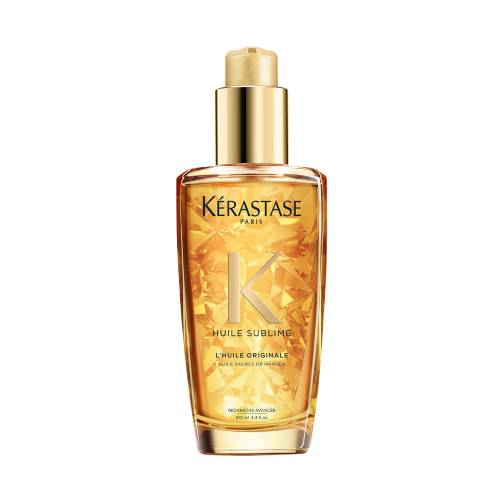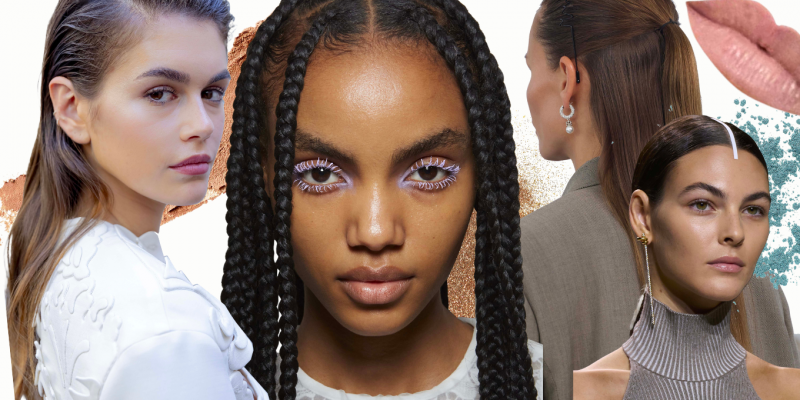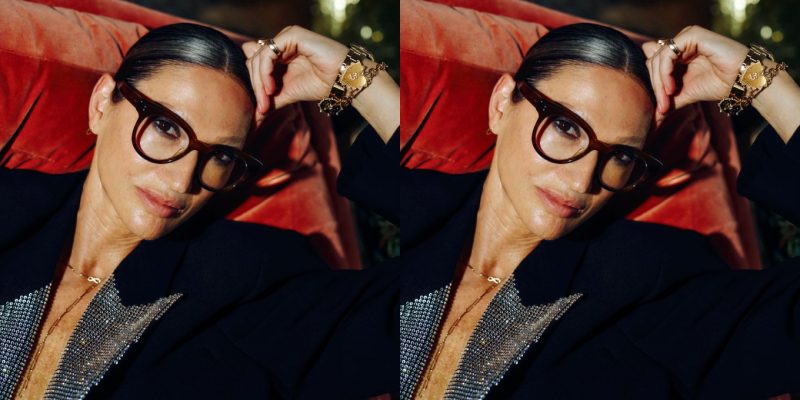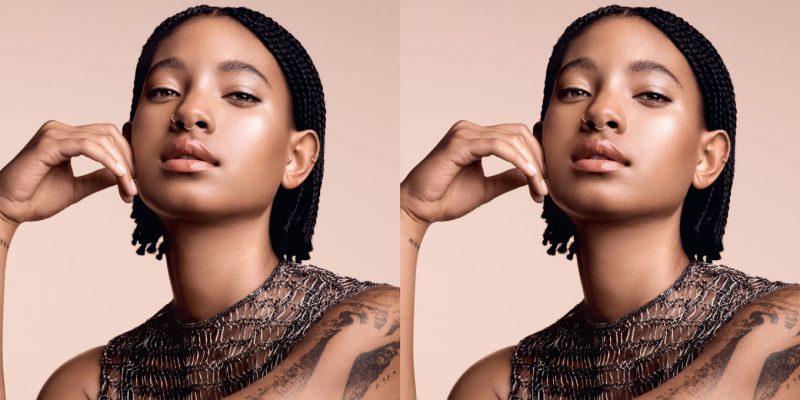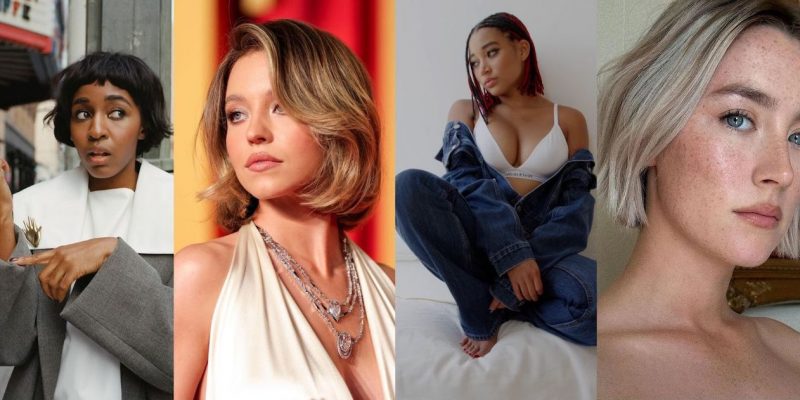Hair
Every item on this page was chosen by an ELLE Canada writer. We may earn commission on some of the items you choose to buy.
Emily Ratajkowski Is Finding Her Voice
The model, actor and author on her relationship with beauty, navigating social media and the importance of controlling her own narrative.
by : Théo Dupuis-Carbonneau- May 8th, 2023
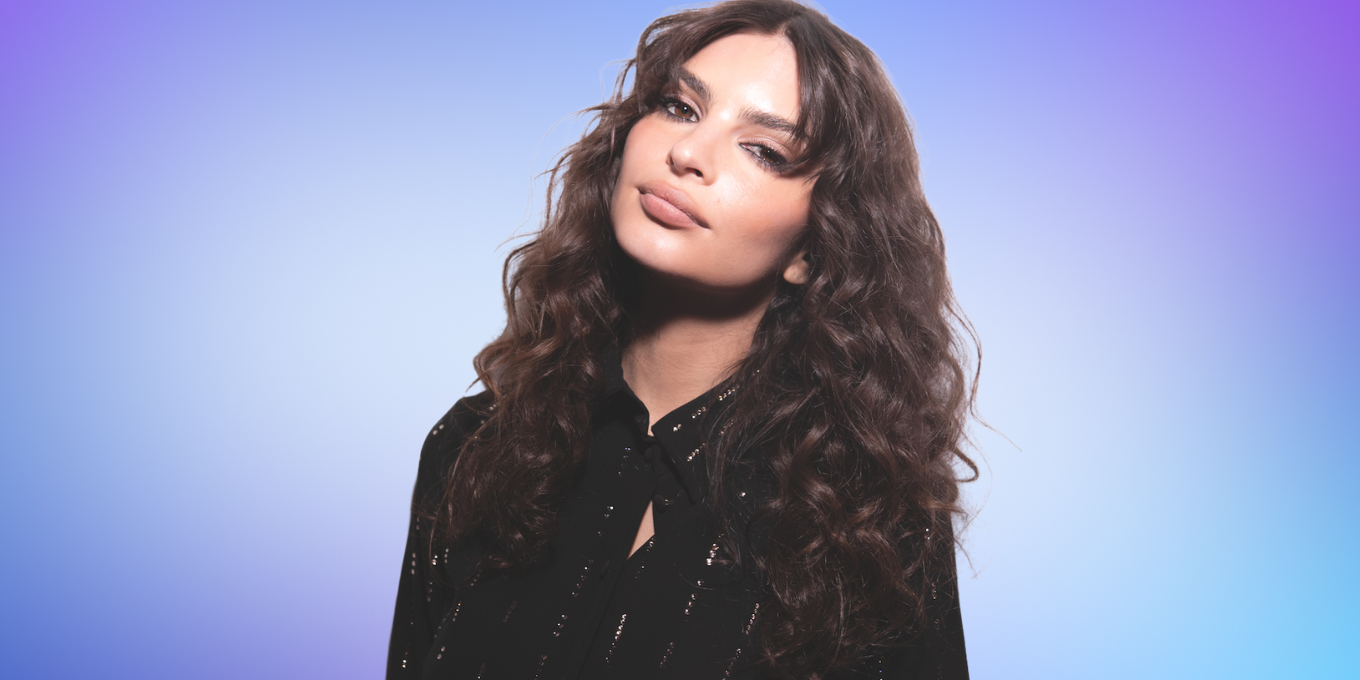
Getty Images
“I have learned that my image, my reflection, is not my own.” This sentence, written by Emily Ratajkowski in her essay “Buying Myself Back: When Does a Model Own Her Own Image?” struck me when I first read it in New York Magazine back in 2020. I knew Ratajkowski by name, and I had seen her photos on social media and celebrity gossip sites, but not much more. Part of a collection that became Ratajkowski’s first book, My Body (released in 2021), the essay was a first step toward regaining control of her own narrative. It recounts the moment when the model and actor realized that photos of her were being sold, purchased and shared without her consent, including images by a photographer she had accused of sexual assault. “I sent an early draft of [my] book to the magazine and they chose this essay to publish,” she explains. “At first, I was really nervous about them choosing that [one]—I had such a complicated relationship with it because it’s so exposing—but I put it out there anyway, knowing it would be the most painful, heart-wrenching thing in the world.” Despite her fears, the response was more than positive—that year, it was the most viewed piece on the magazine’s website. “To have people connect to it was so emotional; I remember sitting at home crying tears of joy,” says Ratajkowski.
This collective support gained momentum after the publication of her book; women still approach Ratajkowski in the street or comment on social media to say how a particular passage touched them. But, more importantly, she feels as if she has finally been able to share her truth in a concrete and permanent way. “People can judge whatever they want from this, but I have created this thing, this document [in which] my truth is validated and permanent and that will always exist for me to revisit,” she says.
The exploitation of beauty and the space between objectification and empowerment is at the centre of her writing. When asked how her relationship with her own appearance has evolved over the past few years, the 31-year-old is candid. “As I get older, my appreciation of beauty is much more open and less tied to this sort of Victoria’s Secret ideal dictated by the male gaze,” she says. “And that means that I can see and appreciate my beauty in a different way that’s less about looking a certain way and more about being unique.”
Ratajkowski further embraces this grounded, assertive side in her role as the face of Kérastase— one that she has held since 2018. “There were a lot of things that I was already talking about or thinking about [and] that people weren’t paying attention to that much,” she says. “They would just talk about my bikini pictures. But Rosa [Carrico, Kérastase’s global president,] got it. She really understood and had a perspective on who I was going to become in a way that I didn’t.”
The brand’s Power Talks initiative—a program that aims to combat the confidence gap between women and men through partnerships with mentoring organizations—is very close to Ratajkowski’s heart. “I just love that they chose to focus on something so specific, like confidence,” she says. “A lot of times we talk about how we need to empower women and do better for girls, but what does that mean? Empowerment is such a vague term. Confidence is something you can really put your hands on and work on. It’s so specific.”
Despite having a bestselling book and a feminist-bent podcast, High Low With EmRata, that discusses various topics that challenge her and her guests, Ratajkowski is still not immune to social media’s wrath. The photos she posts on Instagram (to her more than 29 million followers) are invariably scrutinized and analyzed. Whether she posts something of herself or a sweet moment shared with her two-year-old son, Sly, it’s all fair game. And every time something causes controversy, she asks herself why she posted that particular image. “Especially when it comes to my child,” she says. “I tell myself that I will never put anything online again, but, you know, I’m also just a mom. I’m somebody who has the instinct to share moments from my life, and sometimes I like the spontaneity of that.”
So what does Ratajkowski do to not get overwhelmed by it all? “I think that writing the book was an act of control, or an attempt to control, but then I realized that you [can’t] control [everything] and you have to let go a little bit,” she says. “The older I get, the more I try to let go—and that is the thing that brings me the most happiness.”
Head first
“I’m not good at doing my hair, so it’s really about a good hair-care routine for me, and Kérastase has an amazing line of products. I use the Extentioniste shampoo and conditioner, and I’ll do the hair mask once a month or so and the Elixir Ultime on my ends, when my hair is still wet, a couple of times a week.”
Newsletter
Join our mailing list for the latest and biggest in fashion trends, beauty, culture and celebrity.
Read Next
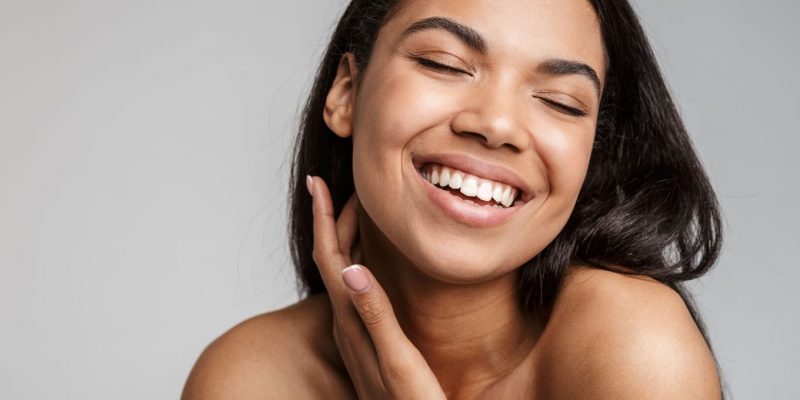
Beauty
ELLE Tried It: Five Serums to Up Your Skincare Game
Members of the ELLE team tested Avène Dermatological Laboratories’ five new concentrated serums. Here's what they thought.
by : ELLE Canada- Apr 25th, 2024
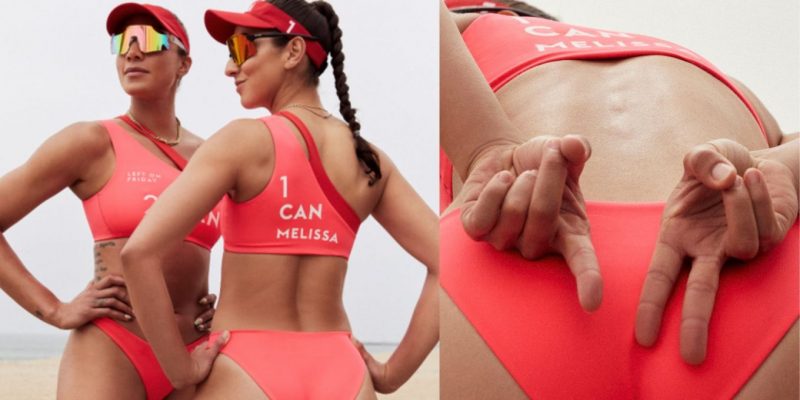
Fashion
This Canadian Swimwear Brand Designed Canada’s 2024 Women’s Olympic Beach Volleyball Team Uniforms
And they're *so* good.
by : Allie Turner- Apr 24th, 2024

Beauty
ELLE Tried It: Five Serums to Up Your Skincare Game
Members of the ELLE team tested Avène Dermatological Laboratories’ five new concentrated serums. Here's what they thought.
by : ELLE Canada- Apr 25th, 2024

